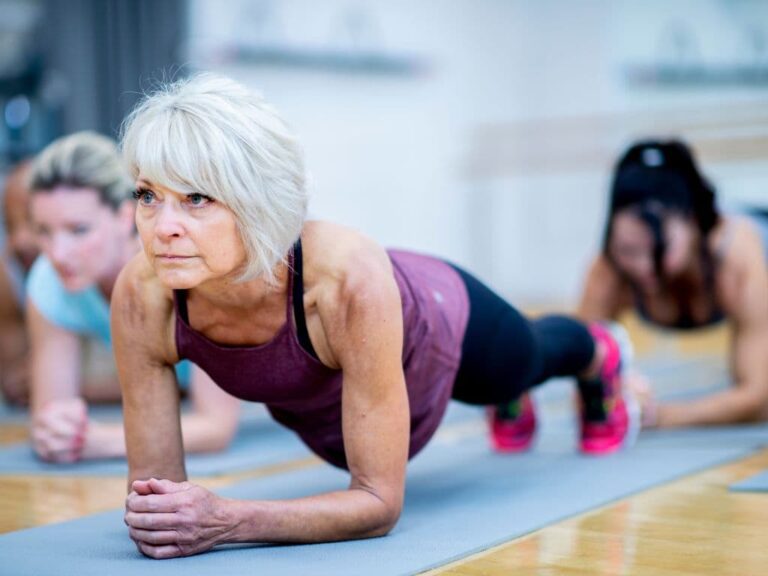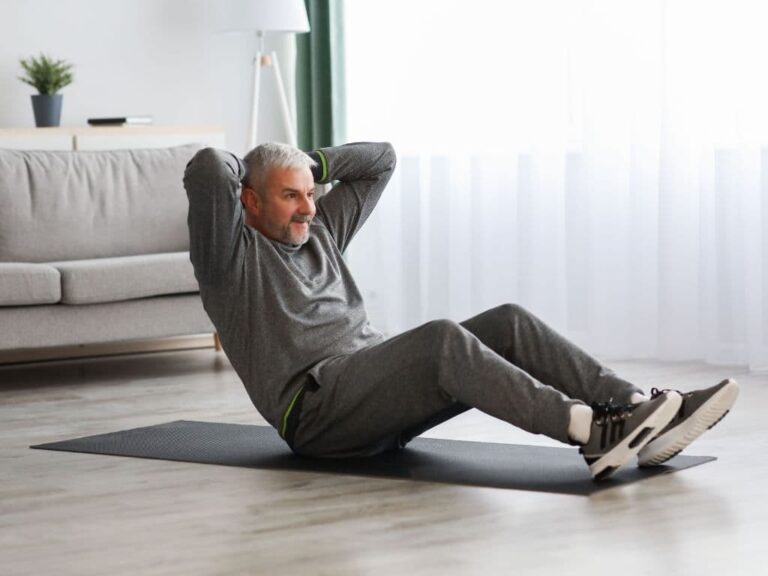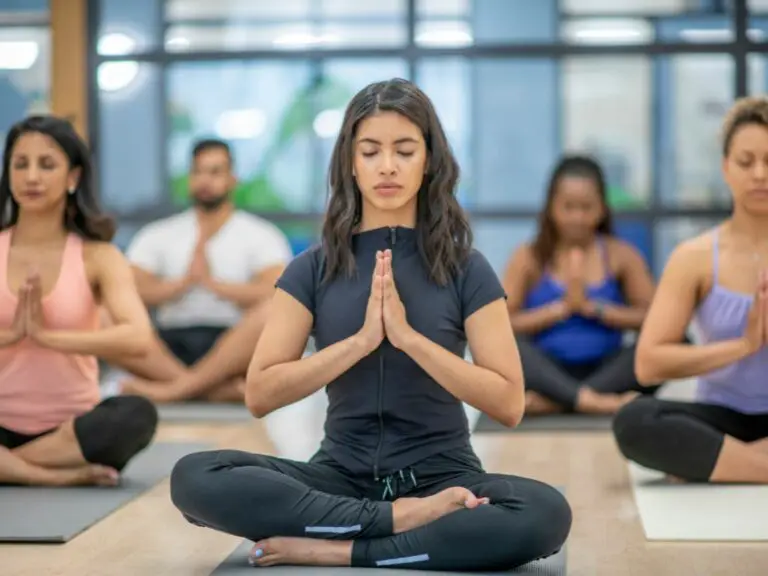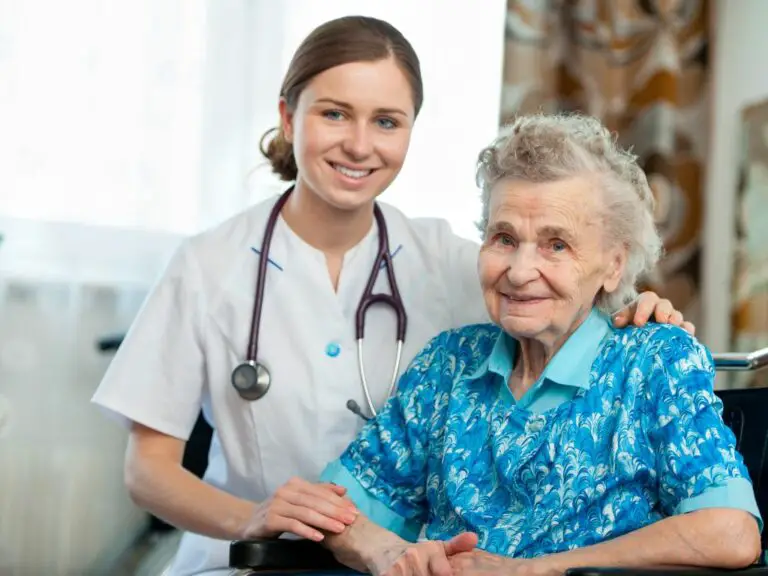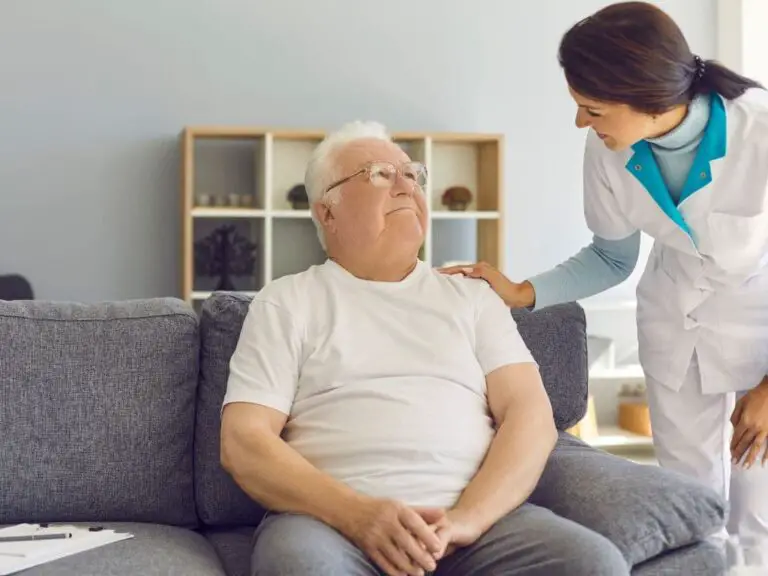What to Expect When You Turn 70?
For many people, turning 70 is a major milestone that brings both excitement and trepidation. While 70 is not considered old these days, it does mark the start of a new phase of life. When you reach your 70s, you will experience many physical, cognitive, social, and financial changes. There will be new challenges to tackle but also opportunities to embrace.
Turning 70 brings physical changes such as decreased muscle mass, reduced bone density, vision and hearing changes, slower metabolism, altered sleep patterns, and increased risk of chronic health conditions. Cognitive shifts include slower processing speed and memory changes. Emotional stability and life satisfaction often increase. Financial considerations involve retirement planning and estate management. Opportunities for hobbies, travel, strengthening relationships, volunteering, and lifelong learning arise.
With some preparation and understanding of what lies ahead, you can make the most of your 70s and continue leading a fulfilling, engaged life. This guide will explore the key changes and considerations when you turn 70. It covers the physical effects of aging, changes in cognition and outlook, financial factors like retirement planning, and provides tips on staying active and healthy at 70 and beyond. With foresight and positive attitude, your early 70s can be an invigorating time of personal growth and sharing your wisdom with younger generations.

Physical Changes at Age 70
The aging process affects everyone differently, but most people will encounter some physical changes around age 70. Being aware of the common effects of aging can help you take proactive steps to minimize and manage them. Here are some of the key physical changes to expect in your early 70s:
1. Decreased Muscle Mass and Strength
Starting in your 50s and 60s, you begin losing muscle mass and strength, a process called sarcopenia. Without strength training, most people lose around 30% of their muscle mass between ages 50 and 80. Less muscle mass leads to increased weakness and frailty. Engaging in resistance exercises can help offset this decline in muscle mass and strength.
2. Reduced Bone Density
Bones naturally become more brittle and porous with age, which can lead to osteoporosis. Bone density loss accelerates around age 70 for both men and women. Getting sufficient calcium and vitamin D, along with weight-bearing exercises, can help preserve bone mass.
3. Changes in Vision and Hearing
By 70, most people experience some changes in vision and hearing. Common vision issues include presbyopia, which leads to difficulty focusing on nearby objects, and increased sensitivity to glare. Age-related hearing impairments, or presbycusis, also become more prevalent, making it harder to hear high-pitched sounds. Regular vision and hearing exams help detect issues early.
4. Slower Metabolism and Weight Gain
A natural part of aging is having a slower metabolism, meaning your body burns fewer calories at rest. Along with decreased activity levels in older age, a slower metabolism often leads to moderate weight gain and more body fat. Making positive lifestyle choices like eating a healthy diet and staying active can help manage weight changes.
5. Changes in Sleep Patterns
Many adults start having difficulty falling and staying asleep around 70 and beyond. Aging affects sleep regulation and circadian rhythms. Establishing a regular sleep-wake routine, limiting daytime naps, managing medications that disrupt sleep, and creating a restful sleeping environment can improve sleep issues.
6. Increased Risk of Chronic Health Conditions
While not inevitable, older age increases susceptibility to chronic illnesses like heart disease, cancer, diabetes, and stroke. It???s important to be vigilant about health screenings and manage risk factors like high blood pressure, high cholesterol, inactivity, and excess weight to mitigate disease risk. Prioritizing a healthy lifestyle helps preserve overall wellbeing.
Cognitive Changes at Age 70
In addition to physical changes, some shifts in cognitive function and mental outlook emerge in the early 70s. Being attuned to normal age-related cognitive changes allows you to distinguish them from serious conditions like dementia.
1. Slower Cognitive Processing Speed
It becomes harder to rapidly retrieve and process information. Things like learning new skills, multitasking, and processing complex information require more time and effort. While frustrating at times, this slowing is a normal result of aging. Focusing on one task, minimizing distractions, and patiently working through mental challenges can alleviate difficulties.
2. Memory Changes
Memory decline is common with older age. Recall of events that just happened and details like names and dates can become less reliable. Memory exercises, mnemonic devices, routine, and environmental cues help sharpen memory. Though frustrating, normal age-related memory issues are distinct from Alzheimer???s disease.
3. Increased Risk of Dementia and Alzheimer’s Disease
Dementia refers to severe cognitive impairment and decline in skills like memory, language, and problem solving that interfere with daily activities. The most common form of progressive dementia is Alzheimer’s disease. While concerning, not everyone develops dementia – healthy lifestyle choices help reduce risk substantially.
Emotional Changes at Age 70
Along with physical and cognitive shifts, some emotional transformations emerge in your early 70s. These include:
1. Greater Emotional Stability
Research shows people report increased emotional stability, life satisfaction, and well-being starting in their 60s that can continue into their 70s. Emotional maturity and the self-confidence that comes with experience contributes to serenity in older age. A sense of perspective also helps manage life???s ups and downs.
2. Increased Life Satisfaction
While hardship still exists, most people report appreciating life more by 70. This is attributed to the self-assurance and wisdom accrued from decades of living. Retirement also provides more freedom to focus on meaningful activities and relationships. Appreciating the positives, both big and small, further boosts life satisfaction.
3. Changes in Social Relationships
Social circles and relationships evolve as people transition to older age. More free time allows for strengthening meaningful friendships. But losing loved ones and peers to aging and illness leads to feelings of loss and isolation for some. Seeking out new social connections and community engagement helps counteract this.
Financial and Retirement Considerations at Age 70
Reaching 70 comes with some important financial and pension decisions. Strategic planning helps ensure your needs are met in retirement.
1. Retirement Planning and Pensions
If you’re still working at 70, retirement is on the horizon. Review your savings, projected Social Security income, and pension payments (if available) to determine if you???re on track or need to make adjustments to your retirement plan. Understanding your income streams leads to better planning.
2. Social Security and Medicare
Age 70 is the latest you can start receiving your full Social Security retirement benefit. You also get automatically enrolled in Medicare Part A and B starting at 65. Review your expected Medicare and Social Security benefits and determine if supplemental coverage is needed. Factor healthcare costs into your budget.
3. Estate Planning and Long-Term Care
It???s prudent to get your legal and financial affairs in order by 70. Set up or update your will, advance directives for medical care, and estate plan to ensure your wishes are carried out in case of incapacity. Also look into options for financing potential long-term care needs.
Opportunities and Positive Aspects of Turning 70
Along with changes, turning 70 opens up exciting new opportunities for leading a vibrant, purposeful life:
1. More Time for Hobbies and Interests
Retirement frees up time to enjoy hobbies like golfing, gardening, reading, and crafting. Pursuing passions and interests provides cognitive stimulation and fulfillment. Starting new hobbies allows you to continue expanding your horizons.
2. Opportunities for Travel and Exploration
Your 70s offer prime time to travel and check items off your bucket list. With kids grown and work responsibilities lessened, you have more freedom to enjoy trips and new experiences. Travel promotes a sense of adventure and joy.
3. Strengthening Relationships with Family and Friends
More flexibility in your schedule allows you to strengthen ties with loved ones. You can host family gatherings, visit with friends, and deepen relationships with grandchildren. Prioritizing meaningful relationships brings happiness.
4. Volunteering and Giving Back to the Community
Volunteering provides a sense of purpose and way to help others in your 70s. Lend your talents to causes and organizations you care about, like your church, a museum, school, animal shelter or community service group. You have much wisdom to share!
5. Pursuing Lifelong Learning and Personal Growth
Continue expanding your mind by taking classes on topics that intrigue you. Many colleges and community centers offer lectures, courses and workshops for seniors on arts, history, technology, and other subjects. Learning keeps you engaged and adds enrichment to life.
Tips for Staying Healthy and Active at Age 70
Aging well requires diligently supporting your physical, mental, and social health. Here are some self-care tips for your 70s:
1. Regular Exercise and Physical Activity
Make exercise a priority by doing weight training, cardio, yoga, walking, swimming, or other movement you enjoy 3-5 times a week. This preserves muscle mass and bone density while keeping you nimble and energetic.
2. Healthy Diet and Nutrition
Choose a balanced diet focused on whole foods like vegetables, fruits, lean proteins, whole grains, healthy fats and dairy. Getting nutrients like calcium, vitamin D, B vitamins, fiber and protein has added importance at 70+.
3. Staying Socially Connected
Combat isolation by regularly phoning family and friends, scheduling get-togethers, joining interest groups, or volunteering. Caring relationships are vital for mental health and cognitive stimulation.
4. Engaging in Cognitive Activities
Do crossword puzzles, learn new skills, read books, play strategy games or take educational courses to exercise your brain. Mental stimulation helps maintain cognitive acuity.
5. Regular Health Checkups and Preventive Care
See your doctor annually for checkups and recommended cancer screenings, vision/hearing tests, vaccines and bloodwork. Make sure you???re up to date on medications and treatments for existing conditions as well. Be proactive about health.
Conclusion
While aging brings changes and some loss of stamina, entering your 70s can be an amazing time given the right mindset and preparation. Focus on enhancing your physical, emotional, and financial well-being to make the most of your 70s. Face any challenges head on and don’t be afraid to ask for help. With wisdom, patience and resilience, you can thrive and find much joy in your 70s and beyond.
Frequently Asked Questions
-
Why is it important to promote health and wellness?
What is the importance of health promotion? The goal of health promotion is to improve the health status and well-being of people, families, communities as well as the national. Promoting health improves quality of life. Health promotion reduces premature deaths.
-
What is the leading cause of death for seniors?
For the last two decades heart disease and cancer were the leading causes of death among 65-year-olds and over. They accounted for almost a million deaths between 2002 and 2003. A third of all older deaths were caused by heart disease. This includes heart attacks and chronic ischemic cardiovascular disease.
-
What happens to your body when you turn 80?
What’s happening. As we age, our bones shrink in size, density and strength, making them less susceptible to breaking. Your height might drop. Your coordination, stability, balance, and strength can be affected by muscle weakness, endurance, and flexibility.
-
What are the five areas of holistic health?
These five dimensions of holistic development include physical, intellectual and social development as well as emotional, spiritual, and emotional development.
-
What is elderly wellness?
Elderly Behavioral Wellness Services is a nonprofit organization providing support for older adults as well as individuals suffering from chronic mental and physical conditions.
-
What are the 3 types of health promotion?
Primary, secondary and tertiary are the three levels of health promotion. Each level is equally important, and they all play a key role in the prevention of disease.
-
Is 73 considered old?
One American researcher discovered that the age at which you can be considered to have reached 70-71 and 73-73 years for women is when you’re old.
-
What is your healthy lifestyle?
It means eating healthy, exercising regularly, quitting smoking and drug use, and sleeping well. To keep our bodies in top shape, we need to eat a balanced diet that includes protein, carbs, fat, vitamins and minerals.
-
Which of the following is one of the five most common chronic diseases of the elderly?
Arthritis Arthritis occurs most often in people who live beyond their prime years. This condition is most common in those 65 years and older. This can cause pain and reduce mobility. It can also hinder daily life.
-
What is the most important disease promoting overall aging?
Diabetes promotes overall ageing. B) Obesity is often the cause of this disease. D) Diabetics often die in childhood. Which person is most likely to live to the nineties and who are you?
-
What is the importance of health and wellness?
To maintain your physical and mental health, you need to balance nutrition with physical activity. You can take responsibility for your health by achieving optimal physical well-being.
-
Why do the elderly feel cold all the time?
The natural decline in metabolism associated with aging can lead to a decrease in heat production, which could result in seniors not being able to keep their body at a normal temperature of 98.6 degrees. A slower circulation may make it more difficult for the body to keep heat. It could also be caused by side effects of medication or aging.
-
Is 74 considered old?
What is the definition of an elderly person? The chronological age at which an individual is considered to be 65 years old or more has traditionally been defined as being the “elderly”. People aged 65-74 are often referred to early elders, and those older than 75 are called late old.
-
Why do elderly stop taking care of themselves?
Living conditions that are unsafe (inadequate heating/air, ventilation and home in disrepair). Food insufficient in the dwelling. Unclean or inadequat clothing (shoddy, inappropriate dress for the weather/conditions). Lack of medical aids (hearing aids and glasses, dentures, etc.
-
What to expect when you turn 70?
While wrinkles and age spots are not surprising, you might notice that your skin is more sensitive to the sun and bruising. You might notice your skin becoming drier or more papery. You might notice itchy patches and itching. You can try switching to a gentler soap, and using moisturizers and sunscreens regularly.


